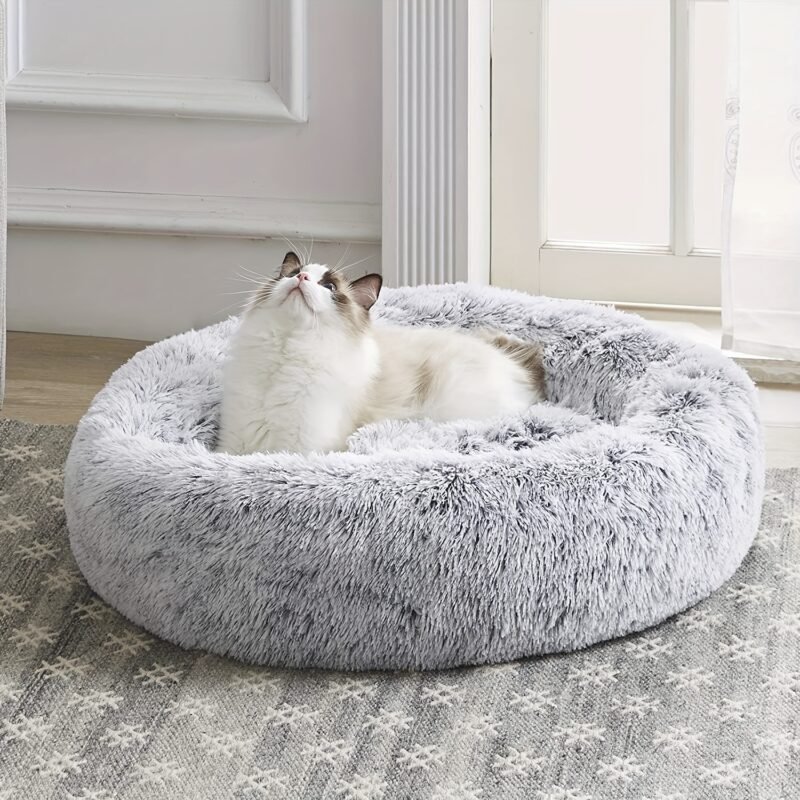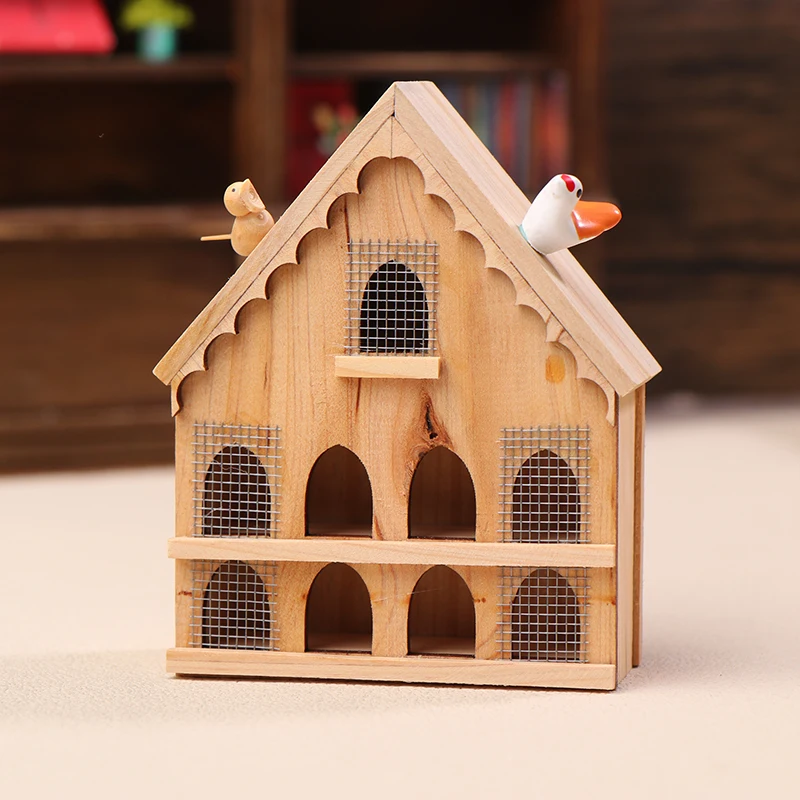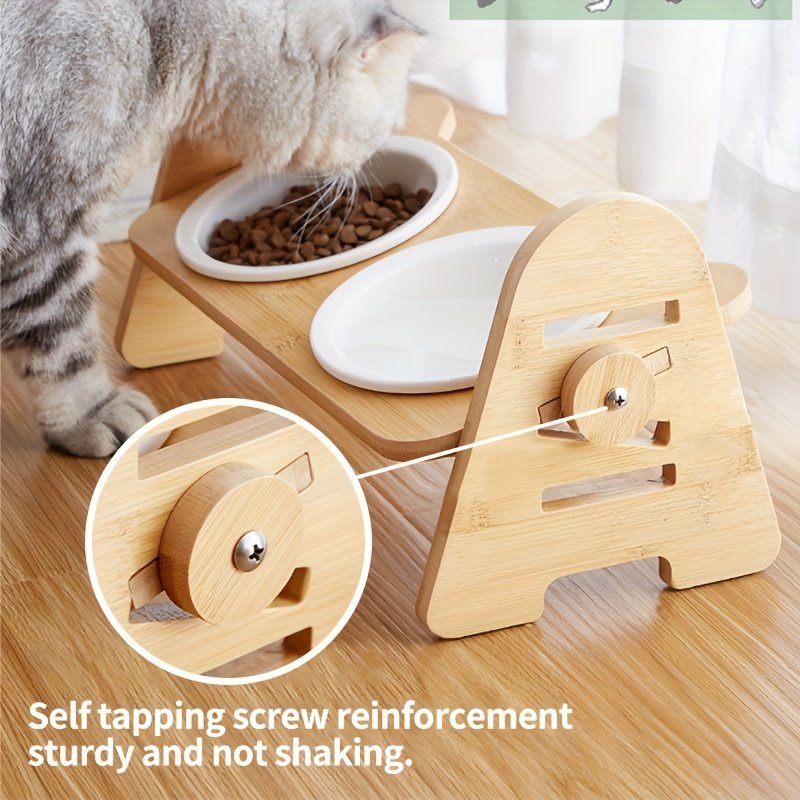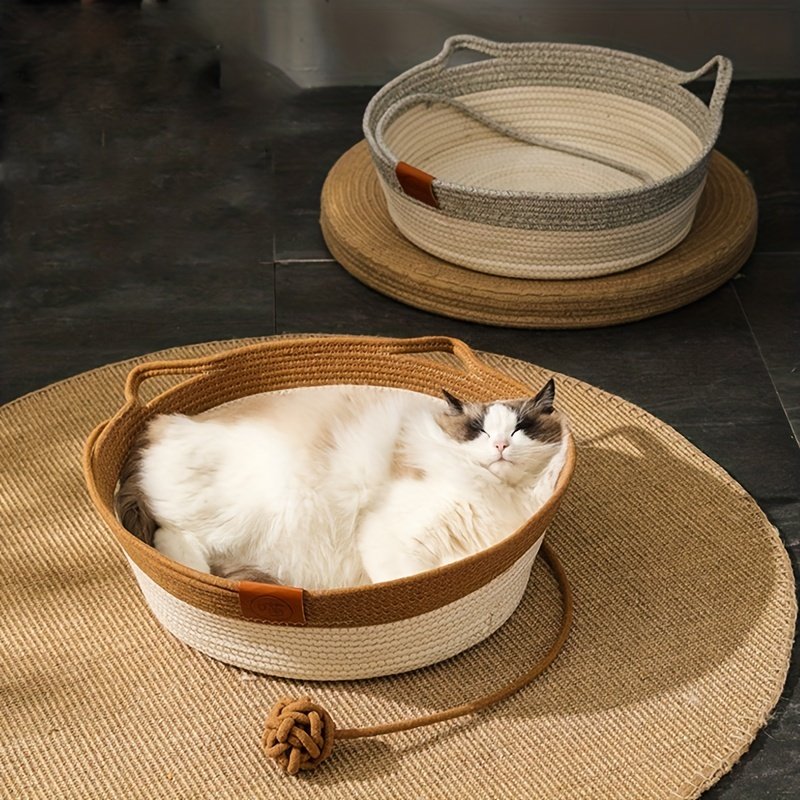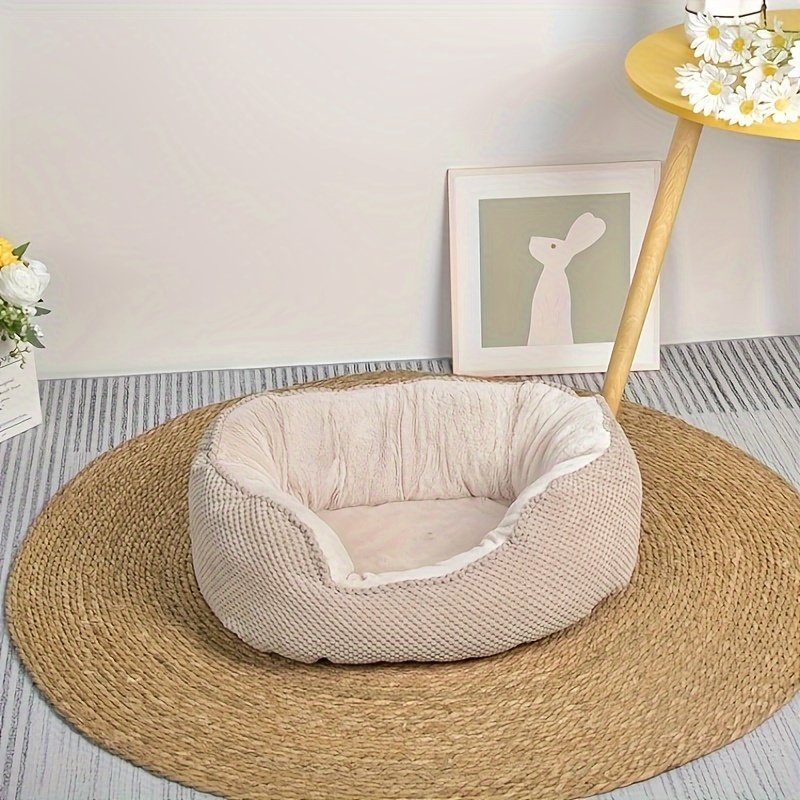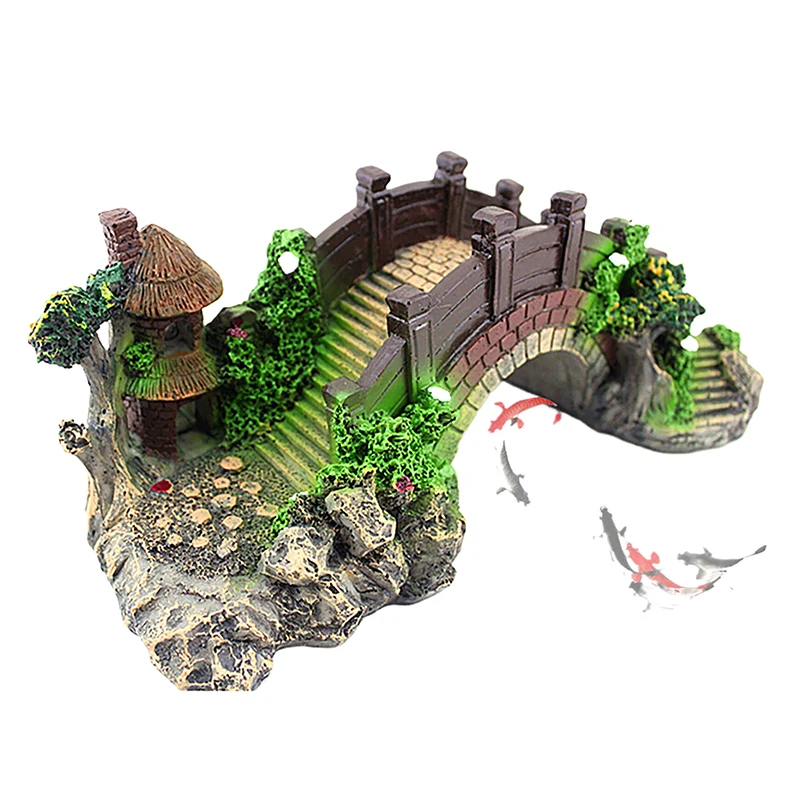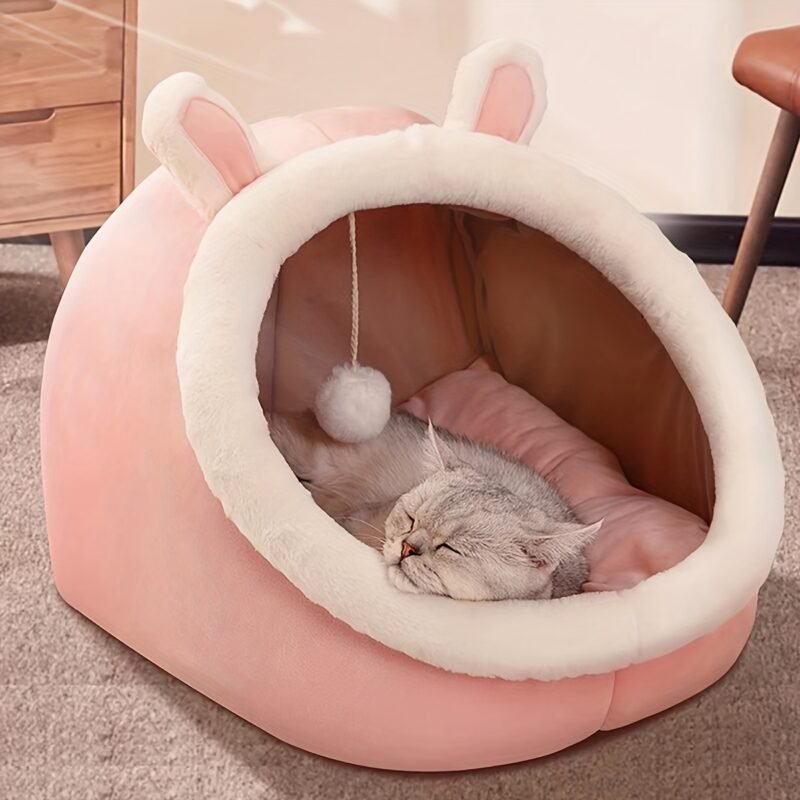Introduction to Low-Maintenance Pets
In today’s fast-paced world, many individuals seek companionship in the form of pets while managing their busy lifestyles. This growing demand for low-maintenance pets reflects a practical shift, as more people recognize the need for companionship without the extensive time commitment traditionally associated with pet ownership. Low-maintenance pets are ideal for those who wish to enjoy the joys of having a pet without the high demands of daily care that commonly accompany more traditional pets like dogs or certain breeds of cats.
The concept of low-maintenance pets usually includes animals that require minimal grooming, feeding, and exercise, making them suitable companions for busy individuals, families, or even seniors. It is essential, however, to understand that while these pets may be easier to care for, they still require attention, social interaction, and proper habitat conditions to thrive. Potential owners should carefully consider their capacity to meet these needs before bringing a pet into their life.
Among the many options available, low-maintenance pets can range from small mammals like hamsters and guinea pigs to reptiles and certain fish species. Each of these pets offers a unique set of benefits and considerations. For example, while hamsters provide opportunities for playful interactions, reptiles may only need their habitats managed periodically. This variance allows prospective pet owners to make informed choices based on their commitments and lifestyle.
Ultimately, although the term “low-maintenance” suggests minimal involvement, potential pet owners must still be aware of the long-term commitment inherent in caring for any living creature. With the right perspective and decision-making, individuals can successfully integrate a low-maintenance pet into their lives, enriching their personal and emotional well-being without overwhelming their schedules.
Hamsters: The Ideal Busy Companion
Hamsters are increasingly recognized as ideal companions for busy individuals seeking a low-maintenance pet. Their small size, typically ranging from 4 to 7 inches, makes them perfect for people living in apartments or homes with limited space. They require minimal room to thrive, often content with a well-structured cage that fits comfortably in a corner, making them an accessible option for those with hectic lifestyles.
One of the defining characteristics of hamsters is their straightforward dietary needs. A standard diet consists primarily of commercial hamster pellets, which are easy to find in pet stores. These pellets are specially formulated to ensure that hamsters receive the essential nutrients they need without the hassle of preparing elaborate meals. Occasional treats such as small pieces of fruits or vegetables can be given, but these should be offered sparingly to maintain a healthy diet. This simplistic feeding routine is particularly advantageous for busy pet owners who may not have the time to commit to complex feeding schedules.
The habitat requirements for hamsters are also minimal. A suitable cage with proper ventilation, bedding material, and a few toys for enrichment will suffice. Regular cleaning is necessary but does not demand much time; a quick spot clean can be performed weekly, with a more thorough cleaning once every month. Hamsters are generally independent creatures and enjoy exploring their environment, which means they provide entertaining companionship while requiring limited interaction.
In addition to their low-maintenance requirements, hamsters exhibit playful behaviors that provide joy and amusement without demanding significant time investment. They enjoy running on exercise wheels, burrowing, and exploring tunnels, engaging in activities that can be enjoyable for both the pet and owner. Their endearing antics make hamsters perfect companions for busy people seeking enjoyment without extensive commitment.
Fish: The Calming Aquatic Friends
For busy individuals seeking companionship without demanding attention, fish make an excellent low-maintenance pet option. Fish are peaceful creatures that can enhance the tranquility of any space, providing a serene backdrop to a hectic lifestyle. Among the most popular low-maintenance fish varieties are Betta fish, goldfish, and guppies, each renowned for their hardiness and minimal care requirements.
Setting up a low-maintenance aquarium does not have to be a daunting task. The basic essentials include an appropriately sized tank, a reliable filtration system, and an appropriate heater if you prefer tropical species. For beginners, a smaller aquarium is often easier to maintain, as it requires less water and filtration. Frequent water changes and monitoring water parameters, such as pH and ammonia levels, are crucial to ensuring the health of your aquatic friends. Moreover, utilizing low-maintenance plants can help keep the aquarium environment stable while providing shelter for the fish, reducing stress for them.
The benefits of having fish as pets extend beyond their low upkeep; they offer a calming effect that can reduce stress levels significantly. Observing fish glide gracefully within their aquatic habitat can be both meditative and relaxing. Research indicates that watching fish swim can lower heart rates and promote a sense of contentment. Additionally, aquariums can serve as a lively yet tranquil centerpiece in your home or office, contributing to an inviting ambiance. Given their unique visual aesthetics and auditory silence, aquariums present an effective way for busy people to enjoy the companionship of pets without the substantial time commitment associated with more demanding animals.
Guinea Pigs: Sociable Yet Simple
Guinea pigs, or cavies, are fascinating pets known for their gentle and sociable nature, making them particularly suitable for busy individuals seeking companionship without the demands associated with more high-maintenance animals. These small, herbivorous mammals thrive on social interaction, benefiting significantly from the companionship of humans or other guinea pigs. Their friendly demeanor makes them ideal pets, as they are typically easy to handle and engage with, which is essential for their overall well-being.
In terms of dietary needs, guinea pigs are relatively low-maintenance. Their diet primarily consists of hay, which supports their digestive health, supplemented with fresh vegetables and specialized pellets designed for guinea pigs. This simple dietary regimen requires minimal preparation time, allowing busy owners to provide the necessary nutrition without extensive planning. Furthermore, guinea pigs do not require elaborate feeding schedules; a consistent supply of hay and fresh produce ensures they maintain good health.
Housing guinea pigs is also straightforward, as they do not need extensive space compared to larger pets. A spacious cage lined with appropriate bedding can often suffice, providing them with enough room to move around while remaining easy for owners to maintain. The cleaning process is manageable, typically requiring weekly attention to avoid odors and maintain hygiene. However, it is crucial to remember that even though the maintenance is minimal, guinea pigs thrive on social interaction. Regular handling and playtime outside their cage are essential for their happiness and mental stimulation.
Though grooming needs are limited, occasional brushing is beneficial, particularly for long-haired breeds. In summary, guinea pigs present a perfect blend of companionship and low-maintenance care, making them an appealing option for those with busy lifestyles. Their simple housing, dietary habits, and social inclination contribute to a rewarding pet ownership experience.
Reptiles: Unconventional Low-Care Companions
For busy individuals seeking low-maintenance pets, reptiles such as turtles and lizards present an excellent choice. These creatures require less daily interaction compared to traditional pets, making them ideal companions for those with demanding schedules. Reptiles are independent by nature, allowing owners to appreciate their unique characteristics without the constant attention that dogs or cats may need.
The care routines for these reptiles are relatively straightforward. Turtles, for instance, thrive in aquatic environments and require a spacious tank filled with clean water. Their habitat should include a basking area with a heat lamp to maintain proper body temperature. Moreover, turtles typically feed every few days, making their dietary needs easy to manage for individuals with busy lifestyles. Common options for a turtle’s diet include commercial turtle pellets, leafy greens, and occasional protein sources such as insects.
Lizards, another popular choice among reptiles, also offer low-maintenance care options. Species like leopard geckos or bearded dragons are known for their hardiness and simple dietary requirements. A suitable enclosure for these lizards includes adequate hiding spaces, heat sources, and UV lighting to support their health. Lizards usually eat every other day, relying on a diet that can consist of insects, fruits, and vegetables. This setup allows for flexibility in feeding, making it easy for busy owners to keep track of their pet’s requirements.
In terms of habitat setup, reptiles generally have lower demands compared to mammals. They do not require daily walks, frequent grooming, or extensive social interaction. Instead, their environments can be maintained with regular water changes, occasional habitat cleanings, and monitoring of temperature and humidity levels. This convenience makes reptiles especially attractive for individuals juggling work or family obligations while still wanting the joy of pet ownership.
Cats: Independent Yet Affectionate
Cats have long been celebrated as an ideal pet for individuals with busy lifestyles. Their innate independence makes them highly adaptable to a variety of living situations, allowing them to thrive even without constant human interaction. Unlike some pets, such as dogs, cats do not require multiple daily walks or extensive training sessions. Instead, they engage in self-sufficient behavior that allows pet owners to maintain a fulfilling relationship without overwhelming time commitments.
One of the key advantages of having a cat is their low-maintenance grooming needs. While regular brushing is beneficial, especially for long-haired breeds, most cats are adept at keeping themselves clean. This natural grooming behavior significantly reduces the demands on busy owners. Additionally, litter box training simplifies waste management, as it allows cats to handle their elimination needs independently. This feature is particularly appealing for those who may struggle to find time for outdoor bathroom breaks.
Moreover, cats possess a remarkable ability to provide companionship while respecting their owner’s space and autonomy. They are often content to bask in the warmth of a sunny spot or explore their surroundings on their own, making them ideal companions for those who may be away for extended periods. Their independent nature does not diminish their affectionate tendencies; many cats exhibit playful behavior and seek out human interaction on their own terms.
In essence, the balance cats offer between companionship and independence makes them a suitable choice for busy individuals or families. They can bring joy, companionship, and emotional support without requiring the level of attention that some other pets demand. With their unique ability to adapt to a busy lifestyle, a cat can be a perfect addition for those seeking a loving yet low-maintenance pet.
Small Mammals: Easy to Love and Care For
Small mammals, such as ferrets and rabbits, are increasingly popular as pets among busy individuals seeking companionship without extensive care commitments. These animals possess unique characteristics that make them both endearing and relatively low-maintenance. Their habitat requirements can easily be met in smaller living spaces, making them suitable for urban environments or busy households.
Ferrets are curious and playful creatures, requiring minimal space for their activities. A simple, multi-level ferret cage provides plenty of opportunities for climbing and exploration. Daily interaction is essential for their well-being, but they also enjoy independent playtime. Furthermore, their diet primarily consists of commercial ferret food, supplemented by occasional treats, which streamlines feeding routines. This ease in care makes ferrets an appealing choice for those with tight schedules.
Similarly, rabbits are known for their gentle demeanor and charm. They thrive in a cozy environment with a clean, spacious cage or pen that allows movement and exercise. A diet rich in hay, fresh vegetables, and specially formulated rabbit pellets ensures they receive the necessary nutrients without overwhelming food preparation. Social animals by nature, rabbits often enjoy companionship from both humans and other rabbits, which can help alleviate the loneliness common in busy households. Moreover, their litter training capabilities contribute to their low-maintenance reputation, as they can be taught to fulfill their bathroom needs in designated areas.
Incorporating these small mammals into daily life can be seamless. Whether it is spending a few moments engaging in play or simply observing their antics, these pets offer companionship and joy without demanding excessively from their owner’s time. Thus, ferrets and rabbits stand out as ideal choices for busy individuals seeking affectionate pets that fit effortlessly into their lifestyles.
Choosing the Right Pet for Your Lifestyle
When contemplating the addition of a low-maintenance pet to your home, it is essential to evaluate several key factors that align with your lifestyle. Initially, consider the living space you have available. Different pets require varying amounts of space; for instance, cats typically adapt well to smaller apartments, while certain dog breeds might need larger areas for adequate exercise and comfort. Understanding the dimensions and characteristics of your living environment will help narrow down suitable pet options.
Another vital consideration is the time commitment required to care for the pet. While low-maintenance pets generally demand less daily attention, they still need some interaction, feeding, and basic care. Assess your work schedule and daily responsibilities to determine how much time you can realistically devote to a pet. For instance, fish require minimal interaction apart from feeding, while reptiles demand regular tank maintenance. Therefore, a thorough examination of your daily routine can assist in identifying the right pet that fits comfortably within your time constraints.
Allergies pose another critical factor in choosing a pet. Many individuals are allergic to pet dander, which can restrict options significantly. If you or someone in your household suffers from allergies, consider hypoallergenic pets like certain dog breeds or small animals such as guinea pigs. Additionally, personal preferences, including the type of pet you feel a connection with, should not be overlooked. Whether you gravitate towards furry companions or prefer a tank filled with colorful fish, your personal affinity will play a significant role in the overall satisfaction and bond you develop with your pet.
Ultimately, thoughtfully considering these factors—space, time, allergies, and personal preferences—will guide you in selecting the best low-maintenance pet that complements your lifestyle.
Conclusion: Finding Joy in Low-Maintenance Companions
In concluding our exploration of low-maintenance pets, it is essential to recognize how these animals can enrich the lives of busy individuals and families. Choosing a pet that requires minimal care does not mean sacrificing companionship or affection; rather, it allows pet owners to enjoy the joys of animal companionship without added stress. For those with hectic schedules or numerous responsibilities, low-maintenance pets can be ideal companions that fit seamlessly into any lifestyle.
Low-maintenance pets, such as fish, reptiles, or small rodents, require significantly less time and attention compared to traditional pets like dogs and cats. This ease of care translates to more time for fulfilling personal and professional commitments while still experiencing the emotional benefits of pet ownership. The calming presence of a pet can serve as a respite from the busyness of daily life, aiding in stress relief and providing a sense of routine.
Furthermore, these pets often have straightforward feeding and habitat maintenance routines, making it easier for busy people to meet their pets’ needs while enjoying quality time with them. This compatibility emphasizes the importance of selecting a pet that aligns with one’s availability and lifestyle, ultimately promoting a rewarding relationship that can enhance one’s overall well-being.
As you reflect on your daily commitments and living environment, consider the myriad of low-maintenance pets that could bring joy into your life. Adopting a pet that resembles your personal circumstances not only ensures responsible pet ownership but also cultivates a fulfilling bond. Therefore, embracing the companionship of a low-maintenance pet can prove to be a wise and joyful decision for anyone balancing a busy lifestyle.

